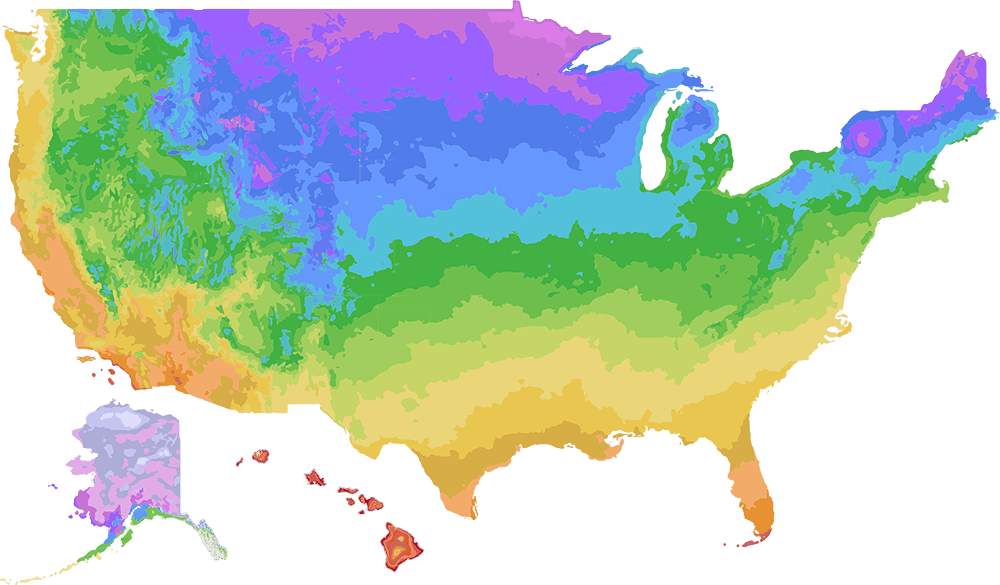5 Types of Hydrangeas and How to Tell Them Apart
Proven Winners hydrangeas are beloved for their stunning blooms. By selecting the best variety for your garden and your goals, you can fall in love with hydrangeas all over again in your own space.

Proven Winners hydrangeas are beloved for their stunning blooms. Here are the five common types to help you identify them:
Bigleaf Hydrangea - Hydrangea macrophylla
Bloom shape: Large, round clusters (mophead) or flat-topped with outer petals surrounding a central cluster (lacecap)
Colors: Can vary from pink to blue depending on soil acidity
Leaves: Large, oval-shaped leaves
Note: Typically blooms on old wood, so pruning at the wrong time can affect flowering.
Smooth Hydrangea - Hydrangea arborescens
Bloom shape: Large, round, snowball-shaped clusters
Colors: Primarily white, but some newer cultivars offer pink or green hues
Leaves: Smooth, heart-shaped leaves
Note: Blooms on new wood, so pruning in late winter or early spring is okay.
Panicle Hydrangea - Hydrangea paniculata
Bloom shape: Cone-shaped clusters that start green, turn white, then pink or red as the season progresses
Colors: Green, white, pink, and red
Leaves: Oval-shaped leaves with serrated edges
Note: Blooms on new wood, so pruning in late winter or early spring is ideal
Oakleaf Hydrangea - Hydrangea quercifolia
Bloom shape: Large, lacecap-shaped clusters
Colors: White turning to pink or brown as the season progresses
Leaves: Oak-shaped leaves that turn vibrant red, purple, and orange in fall
Note: Blooms on old wood, so avoid heavy pruning
Mountain Hydrangea - Hydrangea serrata
Bloom shape: Lacecap-shaped clusters
Colors: Pink to deep red to purple
Leaves: ovate and serrated leaves
Note: Blooms on old and new wood, cut back stems by 1/3 in August
Remember: These are general characteristics, and there are many cultivars within each type with variations in color, size, and bloom shape.




